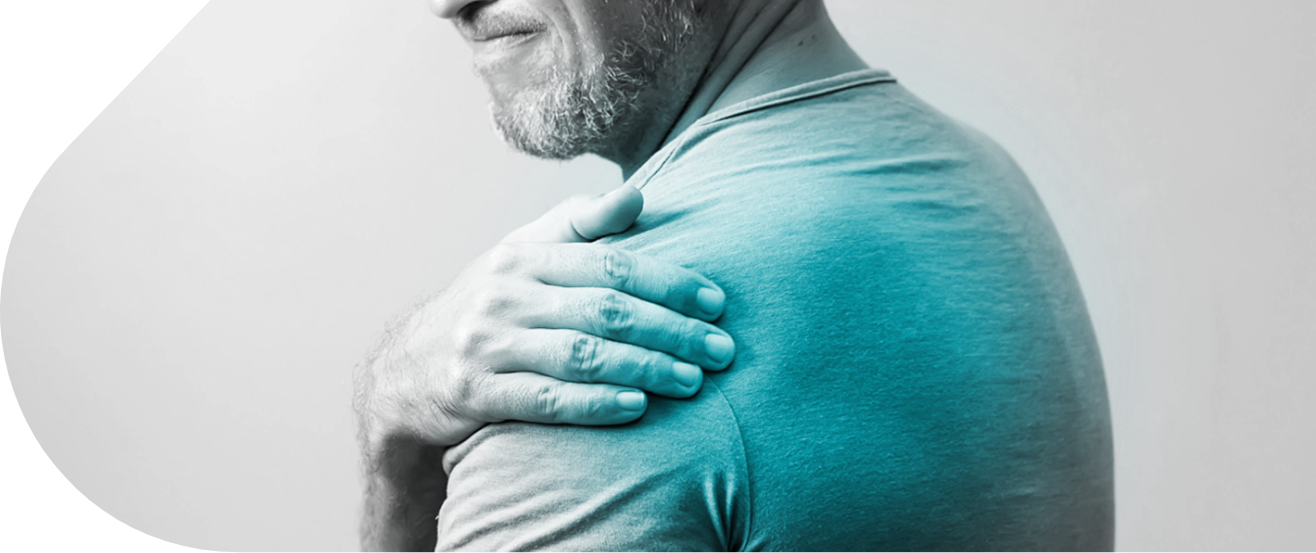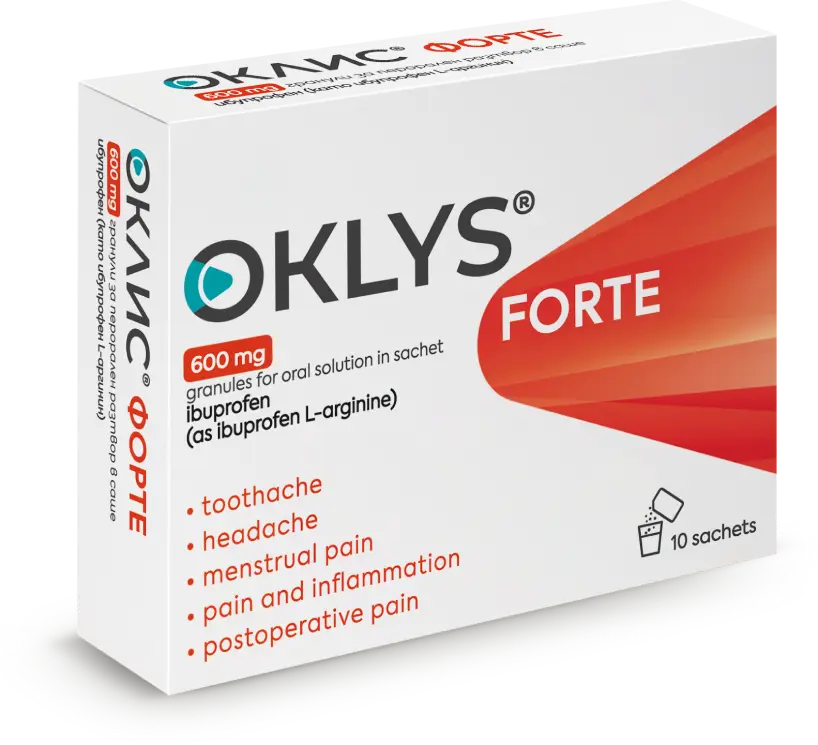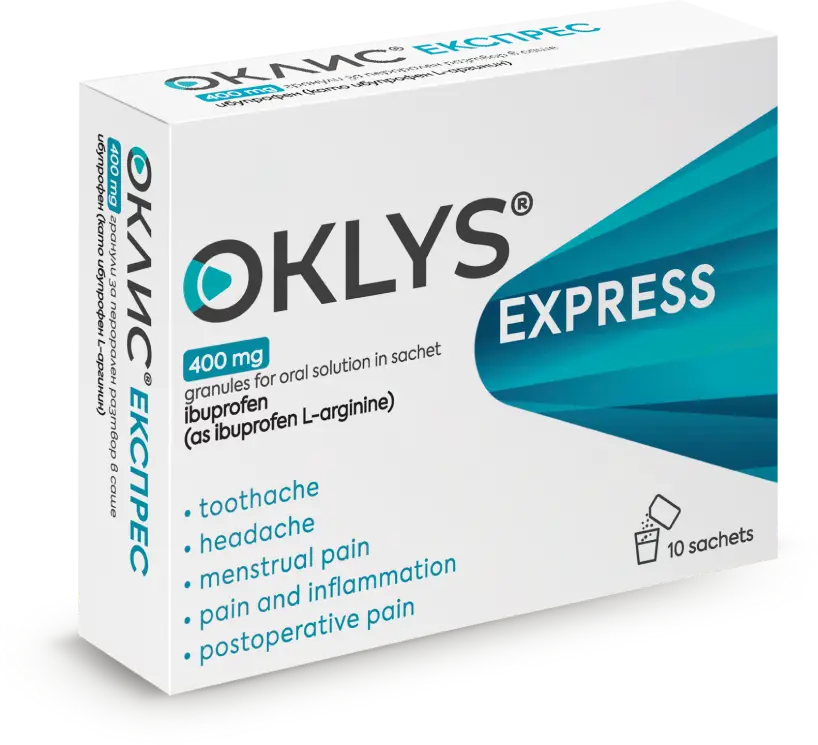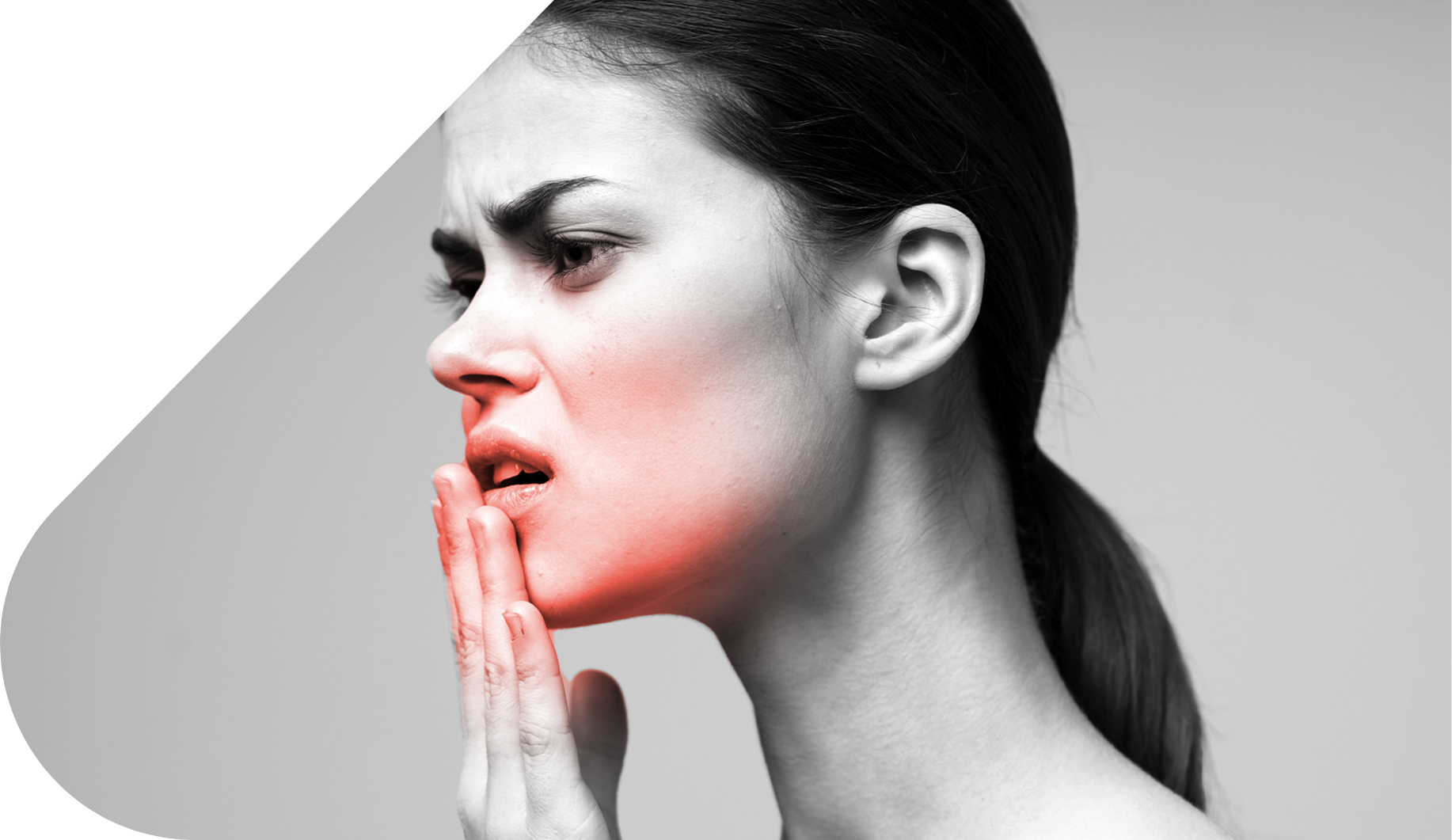
The first hours after tooth extraction or another oral surgical procedure are the most important for proper healing. A protective blood clot forms at the site of the procedure, helping the wound to heal. If this clot is disturbed or displaced, healing can be delayed, and additional pain or complications may occur. You may have heard these rules before, but here you can get familiar with them and see what they are.
What happens to the body after the procedure
-
The area is sensitive and prone to bleeding.
The blood vessels in the brain constrict, which alters blood circulation. - The effect of the anesthesia gradually wears off, and pain may occur.
- The area is sensitive to irritants – hot, spicy, or hard foods.
How to support the healing process
-
Be careful with the anesthesia
Until the feeling fully returns, there is a risk of biting your lip, cheek, or tongue.
-
Choose the Right Pain Relief
If you need a painkiller, use an over-the-counter product, such as and
and  Avoid medications containing aspirin, as they can slow blood clotting.
Avoid medications containing aspirin, as they can slow blood clotting.
-
Choose Your Food Carefully
During the first 24 hours, avoid hot, spicy, carbonated, and alcoholic drinks. Do not smoke or use a straw. Opt for softer, slightly cooled foods, chewing on the opposite side.
-
Body Position
During the day, keep your head elevated and avoid bending, heavy lifting, and intense exercise for the next 2–3 days.
-
Oral Hygiene Care
From the second day, brush your teeth carefully with a soft toothbrush, avoiding the area of the surgery.
-
Sleep in the Correct Position
Sleep on the opposite side, supporting your head with a higher pillow.
When to contact your dentist again
- Pain does not decrease despite painkillers.
- Bleeding does not stop, even after changing the gauze.
- You have significant swelling after the third day.
- A fever has developed.
Remember:
Care during the first 24 hours is the best investment in your quick and smooth recovery.
1 Oklys Express contains 400 mg ibuprofen L-arginine. The maximum recommended daily dose is 1200 mg (3 sachets). For adults and children over 14 years old. Read the leaflet before use.
2 Oklys Forte contains 600 mg ibuprofen L-arginine. The maximum recommended daily dose is 1200 mg (2 sachets). For adults and children over 14 years old. Read the leaflet before use. ИАЛ №: A–115/22.04.2025



Products
BROWSE OUR PORTFOLIO


600 mg ibuprofen (as ibuprofen L-arginine) sachet
Oklys Forte 600 mg granules for oral solution are used in adults and children aged 14 years and older for the symptomatic treatment of:
- Inflammation
- High temperature
- Mild to moderate pain, including headache and migraine
- Muscle and joint pain
- Primary dysmenorrhea (painful menstruation)


400 mg ibuprofen (as ibuprofen L-arginine) SACHET
Oklys Express 400 mg granules for oral solution are used in adults and children aged 14 years and over for the symptomatic treatment of:
- Inflammation
- High temperature
- Mild to moderate pain, including headache and migraine
- Muscle and joint pain
- Primary dysmenorrhea (painful menstruation)




